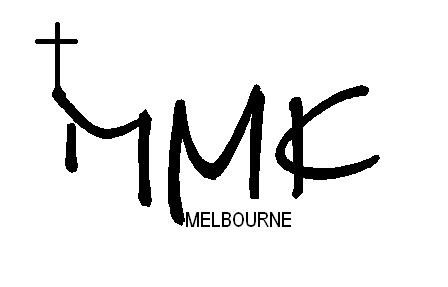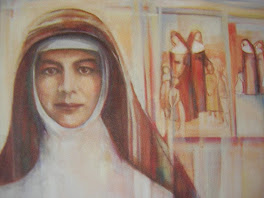
Bible readings for this week’s reflection:
Psalm 46: “God is with us”
Matthew 6:25-34: “Trust in Providence”
Commentary on Providence:
This week’s Gospel passage is challenging in that it asks us to look beyond the here and now while simultaneously telling us not to worry about tomorrow. Jesus questions our fears and worries; he calls us to stop worrying about material things, to stop worrying about life’s if’s and maybe’s and instead concentrate on God.
So what does this mean for us?
This could be seen as permission to not worry about this world and other people; justify tossing aside the needs of others by saying God will provide. But the ideas behind it are deeper than that, Jesus is calling us to set our hearts on God’s justice, not our own.
To trust in God, to believe that God will provide is not a way of getting out of one’s baptismal call but rather a command to forgo your own material concerns, to believe that if you put God’s plans first than all else will fall into place.
Many a time in the establishment of the Sisters of Saint Joseph, Mary MacKillop and her sisters went without meals, clothes and even essential teaching equipment in their efforts to educate the poor, all of which they did with the fervent belief that God would provide for their needs if they cared for the needs of others. And through donations of goods and clothing from their supporters God did provide for the sisters.
We are called by Jesus to leave behind self-centered worries and instead set our hearts on God’s work. To become as it were, the hands of God in the world, to lift up those in need rather than worry about our own cares; in the words of Mary MacKillop we are asked to “trust in God alone.”
Mary MacKillop exemplified this trust in Providence when her own Mother, Flora died in a shipwreck off Green Point near Eden in 1886. Many people when confronted with the death of a loved one understandably draw into themselves, seclude themselves from the world and look for someone to blame, but not Mary. She put aside her own cares, her own fears of how she would cope tomorrow and every day after without her Mother. She put her faith in God and God’s love and turned a tragic event in her life into a benefit for the Australian people by establishing a school in Eden. Rather than withdrawing from where her Mother died, or withdrawing herself from her work she continued to not worry about her world or what tomorrow may bring but instead carry out the work of God.
in God and God’s love and turned a tragic event in her life into a benefit for the Australian people by establishing a school in Eden. Rather than withdrawing from where her Mother died, or withdrawing herself from her work she continued to not worry about her world or what tomorrow may bring but instead carry out the work of God.
It’s a big ask to disregard your own fears and put God’s plans ahead of your own, and it can be difficult to see how you can do this right now in your life. But we are called to follow Jesus in our every day lives and it is in the every day that we find the ways to do this; if you are studying you can choose to write an essay that highlights a neglected justice issue, or argue a case from a  standpoint of faith rather politics. In your work you can question practices that perpetuate disadvantaging others; in your group of friends you can speak out when hurtful generalizations are made rather than remaining silent. Or you could smile with genuineness and love when you pass someone on the street rather than averting your gaze or looking for a distraction.
standpoint of faith rather politics. In your work you can question practices that perpetuate disadvantaging others; in your group of friends you can speak out when hurtful generalizations are made rather than remaining silent. Or you could smile with genuineness and love when you pass someone on the street rather than averting your gaze or looking for a distraction.
We are a global community, no matter what may happen tomorrow, we are called to do what we can for each other today without regard for ourselves.
Questions to Ponder:
What does this post’s Psalm say to you? In what ways do you already, or could you, draw strength from God?
How does the Gospel passage speak to you? Reflect for a while on the way it touches you and think about what, if any, differences you find between the commentary above and your own reaction.
Are you comfortable with what Jesus is asking of you in the Gospel passage?
In what way can you stop worrying about tomorrow and act for today?
What does Mary’s reaction to her Mother’s death say to you?
Reflection: In death there is life
The tree is long since dead
All that remains is a stump
A reminder of the grand prince of the woods.
Inside the stump is not death but life
A colony of ants have made their home
A Queen reigns where the prince once stood.
That is the way of creation: what once was is now no more.
Instead new life exists and prospers
That is why we must not mourn for yesterday
But rejoice in today.
When we suffer and cry we must not dwell
For our tears bring new life
What once caused pain is now but a memory
The memory of Calvary breathes life into all.
Image: "Untitled" by Susan Howard*

